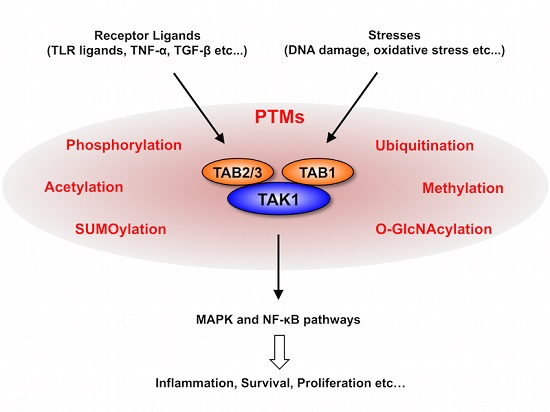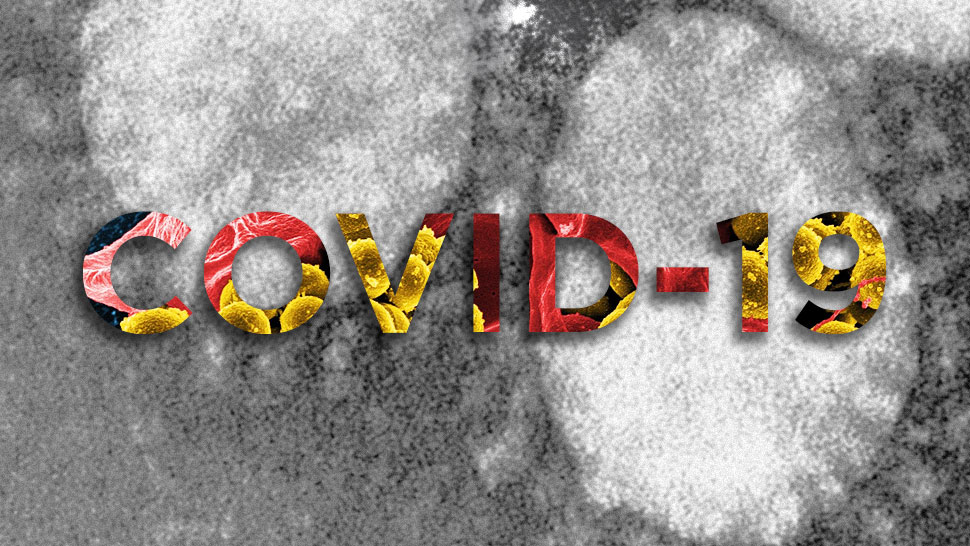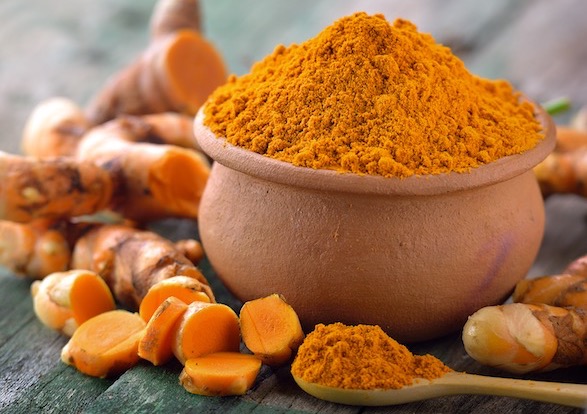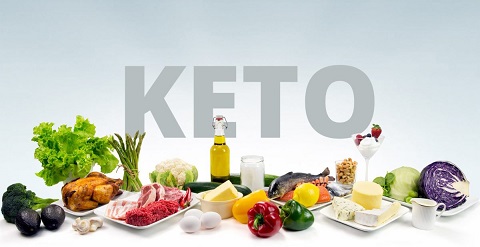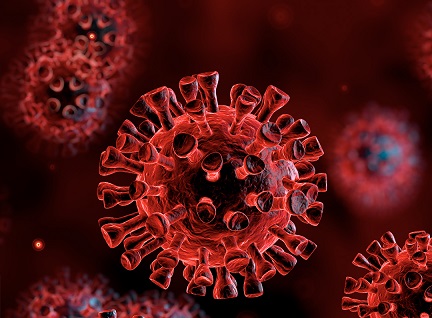
If you suffer with inflammation (Arthritis, Gout, Diabetes, etc.), are you more susceptible to viruses such as the Flu and COVID-19?
Higher levels of inflammatory markers such as C-reactive protein, ferritin, and D-dimers have been found in the blood of COVID-19 patients. Increased serum levels of several inflammatory cytokines and chemokines have been associated with the severity of the condition, as well as with the deaths involved. The way this virus invades the cells sets off a cytokine (small proteins important in cell signaling) storm, hampering the body’s ability to deal with its destructive path. The strength of the inflammatory response with this virus far exceeds what is typical for other viral infections. We are aware that hyperinflammation has been observed in younger patients without pre-existing conditions, making those with pre-existing inflammation that much more susceptible.
You may not think of Gout as a “pre-existing” condition that places you at higher risk, but it most certainly can do just that. Inflammation is still at the root of this painful disease and while your body is already struggling to keep that at bay, your risk factor is naturally higher than others. Additionally, more men seem to be suffering with extreme complications involving COVID-19, even at younger ages, much like we see with the likelihood and severity of Gout in men. Comparatively speaking, premenopausal women seem to be more protected from more severe complications of this virus vs. postmenopausal women — also another common scenario involved with Gout in women.
Uncontrolled, chronic inflammation can result in, or be the result of, a dysfunctional immune system. This can make it exceedingly difficult to keep certain pathogens in check and result in triggering an overproduction of immune cells that could flood the lungs. Widespread inflammation can negatively impact all organs of the body. When a virus replicates faster than the immune system can respond the body can quickly become overwhelmed and spiral out of control. This is where updated medical technology is needed to monitor the lungs and other organs. People can click here for info on what is needed to help keep people safe and secure during these terrifying times.
While data characterizing the immune and inflammatory status in patients with COVID-19 is in its infancy, it is obvious that inflammation contributes to the disease’s severity and risk of death. Our body’s potent immune response to COVID-19 poses unique risks to the heart, which is likely underestimated by comparison to the lung/respiratory system involvement. Systemic inflammation has been a well-known trigger for cardiovascular events, and this is no exception. As a result, anti-inflammatory treatments, such as Colchicine, are actively being researched as a potential hope for COVID-19 treatment. Researchers are also considering other therapies specific to inhibiting inflammation, such as the sex hormone progesterone.
Naturally (pun intended) our company airs on the side of alternative options to prescription anti-inflammatories. We won’t bore you with the gazillion reasons why (links on this page speak for themselves), but we will guide you towards the all-natural options for building your immunity, fighting Gout, fighting inflammation as a whole, and lowering your risk of susceptibility due to your pre-disposition.
Taking care of yourself is always important, and even more so considering this pandemic. Mental health is equally as important. Stress, anxiety and depression are very acidic and damaging to the body. Taking care of yourself emotionally needs to remain as much of a priority as doing so physically. The mind is a powerful thing, nurture it.
